As a dog owner, you may have noticed your canine companion exhibiting some strange behavior, such as eating dirt. While this behavior may seem inexplicable and concerning, it is not uncommon among dogs.
In this section, we will explore why dogs eat dirt and provide insights on how to prevent this behavior. We will discuss possible underlying reasons, including nutritional deficiencies, boredom, underlying health issues, and environmental factors. We will also provide practical tips on how to keep your dog healthy and discourage dirt-eating habits.
- Dogs may eat dirt due to deficiencies, boredom, or health issues.
- Nutritional imbalances like calcium, phosphorus, & magnesium deficiencies may lead to pica.
- High energy breeds like German Shepherds and Labradors are more likely to exhibit pica.
- Physical activity and mental stimulation reduce boredom-induced dirt eating in dogs.
The information provided herein is for informational purposes only. Please refer to our disclaimer for more details..
- Understanding the Behavior of Dirt Eating
- Potential Reasons of Why Dogs Eat Dirt?
- What is a Dog lacking When it Eats Dirt: Nutritional deficiencies and Pica:
- Underlying health issues
- How to keep your Dog from Eating Dirt?
- Training and Behavioral Interventions
- Potential Harms of Dirt Eating Disorder in Dogs
- Conclusion
Understanding the Behavior of Dirt Eating
Before we can address the reasons why your dog may eat dirt, it’s essential to understand the behavior itself. As a responsible pet parent, you may have noticed your dog eating grass, rocks, or other non-food items. Dirt-eating can be a part of this behavior, which is often referred to as “pica.”
If your dog is eating dirt, it’s crucial to investigate whether there are underlying causes or if it’s just a passing phase. A professional dog behaviorist can help you determine if there is a deeper issue or if your dog is simply curious.
Potential Reasons of Why Dogs Eat Dirt?
There are various reasons why dogs eat dirt. Some of the most common reasons include boredom, nutritional deficiencies, and underlying health issues. Here are some possible explanations of why your dog may resort to eating dirt:
- Your dog is curious and exploring new textures and tastes in mud, most commonly observed in puppyhood.
- Your dog is bored and looking for entertainment or mental stimulation.
- Your dog may be experiencing a nutritional deficiency or imbalance.
- Your dog may be suffering from an underlying health condition.
- Your dog may be trying to ease an upset stomach or digestive issue.
Understanding your dog’s motivations is the first step in addressing this behavior. Your dog may be communicating their needs to you, and it’s up to you to determine what they’re trying to say.
Working with a behaviorist can help you get to the root of the issue and find practical solutions. Keep in mind that this behavior is not uncommon and can be addressed through training, environmental changes, and other interventions.
What is a Dog lacking When it Eats Dirt: Nutritional deficiencies and Pica:
Many dog owners wonder why their furry friends eat dirt. One common cause is nutritional deficiencies. A dog’s diet plays a crucial role in keeping them healthy, and if they aren’t getting enough of certain nutrients, they may turn to eating non-food items.
One condition that can lead to dirt-eating is pica, a disorder where dogs crave and eat non-food items like grass, dirt, scrap etc. This can be caused by a lack of nutritional value in their diet. Most commonly, there is a deficiency in minerals like calcium, phosphorus and magnesium etc. that causes the dog to consume dirt.
It’s important to ensure that your dog’s diet is balanced and meets their nutritional needs. Consult with your veterinarian to determine the best food choices for your dog. They can assess your dog’s health and recommend a diet that will provide the necessary nutrients to prevent pica and other health issues that can cause dogs to eat dirt due to nutritional deficiencies.
| Nutrient | Description | Source |
|---|---|---|
| Protein | Building blocks for cells, tissues, and organs | Meat, poultry, fish, dairy, eggs, legumes |
| Fat | Energy source and necessary for healthy skin and coat | Meat, fish, dairy, oils |
| Carbohydrates | Energy source and provide fiber for digestive health | Grains, fruits, vegetables |
| Vitamins | Essential for healthy bodily functions and disease prevention | Fruits, vegetables, meat, dairy, supplements |
| Minerals | Necessary for healthy bones, teeth, and bodily functions | Meat, dairy, vegetables, supplements |
How Do You Stop Pica in Dogs?
In order to stop pica in dogs, one must first identify the reasons behind this behavior of eating non-food items. For instance, a gastrointestinal issue like IBD(Inflammatory Bowel Disease), a chronic disorder of small and large bowels can cause your dog to eat scraps. Similarly; anemia, mineral deficiency, pancreatitis, hyperthyroidism and intestinal parasites can lead to dietary indiscretion in dogs.
Providing a balanced diet having all the macro and micro-nutrients in the right proportion should be the first step in combating this condition. Secondly, keep the deworming schedule up to date and conduct regular health checkups to help address the problem.
What Dog Breeds are Most likely to have Pica?
High energy dog breeds, and those prone to obsessive compulsive disorders have an insatiable hunger are therefore most likely to suffer from pica. These breeds include German Shepherds, Great Dane, Labradors, and Boxers are predisposed. Some breeds like Boston Terriers and Pugs that are prone to separation anxiety develop dietary indiscretion and start eating non-food items.
Boredom and lack of Activity can Trigger Dirt Eating Habit in Dogs:
Dogs enjoy mental stimulation and physical activity to keep them happy and healthy. When dogs don’t get enough mental stimulation or physical activity, they could be eating dirt out of boredom. A lack of stimulation can lead to destructive behavior and unhealthy habits such as dirt-eating.
To prevent your dog from eating dirt, it’s important to ensure they get plenty of mental stimulation. This can include playing with toys, training exercises, and even puzzles. Consider taking your furry friend to a dog trainer to learn new tricks and behaviors that keep them engaged.
Overall, keeping your dog entertained and engaged is key to preventing dirt-eating behavior caused by boredom. Providing ample mental and physical stimulation can help keep your furry friend happy and healthy, while reducing their inclination to eat dirt.
Underlying health issues
While dirt-eating behavior can be a result of boredom or a lack of mental stimulation, it can also be indicative of underlying health problems. Certain medical conditions can trigger this behavior in dogs.
Anemia:
Intestinal parasites and Gastrointestinal Diseases:
Internal parasites like roundworms and hookworms dwell inside the dog’s intestines and absorb most of the essential nutrients consumed by the dog, leading to weight loss and nutritional deficiency. Dogs suffering from intestinal parasites, resort to dirt eating behavior in an attempt to fulfill its dietary needs.
Moreover, inflammation of the Gastro-intestinal tract may prompt the dog to gulp dirt and grass to soothe the inflamed stomach.
How to keep your Dog from Eating Dirt?
To prevent your dog from eating dirt, it’s crucial to take some preventive measures. Talk to your veterinarian about ensuring your dog is eating high-quality dog food that meets their nutritional needs. Dogs can resort to eating non-food items due to inadequate nutrition, anemia and digestive upset. Avoid free-feeding and provide a schedule for meals to help maintain a healthy diet.
Monitor your dog during walks and playtime, and keep them away from areas with toxic substances or pesticides. Chemical exposure can trigger a dog’s desire to eat dirt, leading to potential health concerns. Ensure your dog is getting enough exercise and mental stimulation to prevent boredom, another potential reason a dog may turn to eating dirt.
Training and Behavioral Interventions
If your dog ingest dirt, it could be a behavioral issue that can be addressed through training and interventions. A dog trainer can help identify any underlying health problems and work with you to create a tailored approach.
It’s important to address the issue with training as soon as you see your dog eating dirt, as it can be caused by a variety of factors. The right training can help your dog overcome the urge to eat dirt and improve their overall health.
One technique to discourage dirt-eating is to distract your dog with toys or engaging activities when they start to show interest in dirt. This can redirect their attention and provide mental stimulation.
In addition, positive reinforcement techniques such as rewarding desired behaviors can be effective in promoting good habits and discouraging unwanted ones. Avoid using negative reinforcement, as it can cause more harm than good.
Remember, every dog is unique, and there is no one-size-fits-all solution. A professional dog trainer can help identify the best approach for your pet based on their specific needs and personality.
Potential Harms of Dirt Eating Disorder in Dogs
When it comes to dirt, your dog could be eating dirt that has been treated with chemicals, which can be a severe health risk. If you see your dog eating dirt, it’s crucial to keep a close eye on their health. Look for signs of pesticide exposure, such as vomiting, diarrhea, or respiratory distress.
To minimize exposure to pesticides, keep your dog away from areas where chemicals are being used. If your dog spends time in a kennel or dog run, consider speaking to a dog trainer or environmental expert about how to minimize exposure to pesticides.
Other health hazards include: risk of choking from gulping dirt, oral trauma due to rocks, impaction of stomach and intestines that warrants surgical intervention.
Conclusion
As a responsible pet owner, understanding the reasons behind your dog’s dirt-eating behavior is essential in preventing it from becoming a habit. Nutritional deficiencies, boredom, and underlying health problems can all contribute to this behavior. Therefore, ensuring your dog’s diet is well-balanced, engaging them in mental stimulation, and seeking veterinary advice if necessary are crucial steps to take.
Training and behavioral interventions can also help discourage this behavior, and minimizing exposure to environmental factors like pesticides can reduce your dog’s interest in dirt. By taking these preventive measures and seeking professional guidance, you can keep your dog healthy, happy, and free from dirt-eating habits.
Remember, your furry companion’s well-being is in your hands, and taking action as soon as you see a potential problem can make all the difference. We hope this guide has been informative and helpful in addressing your concerns about your dog’s dirt-eating behavior.
170views
Share on Facebook
 Dark Mode
Dark Mode 

 No fees, cancel anytime
No fees, cancel anytime 


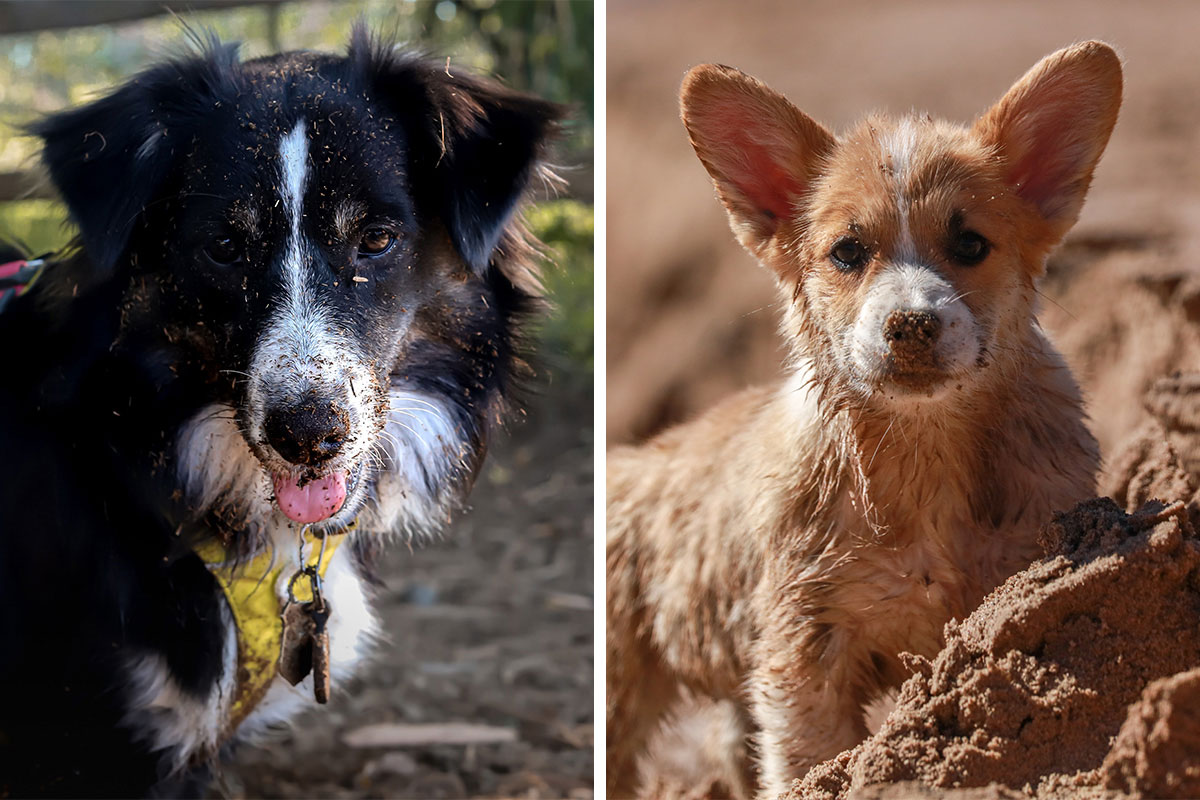
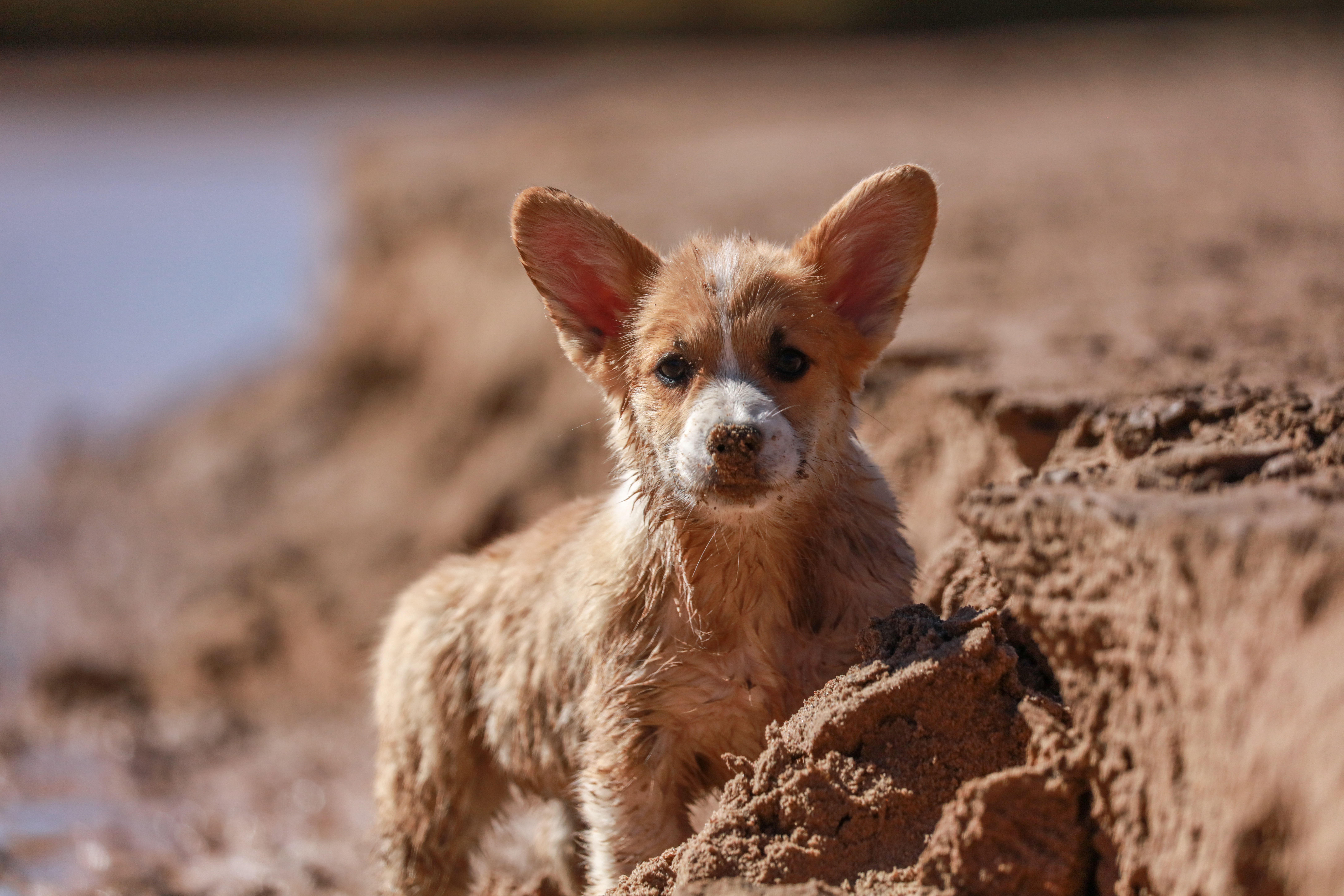 Image credits:
Image credits: 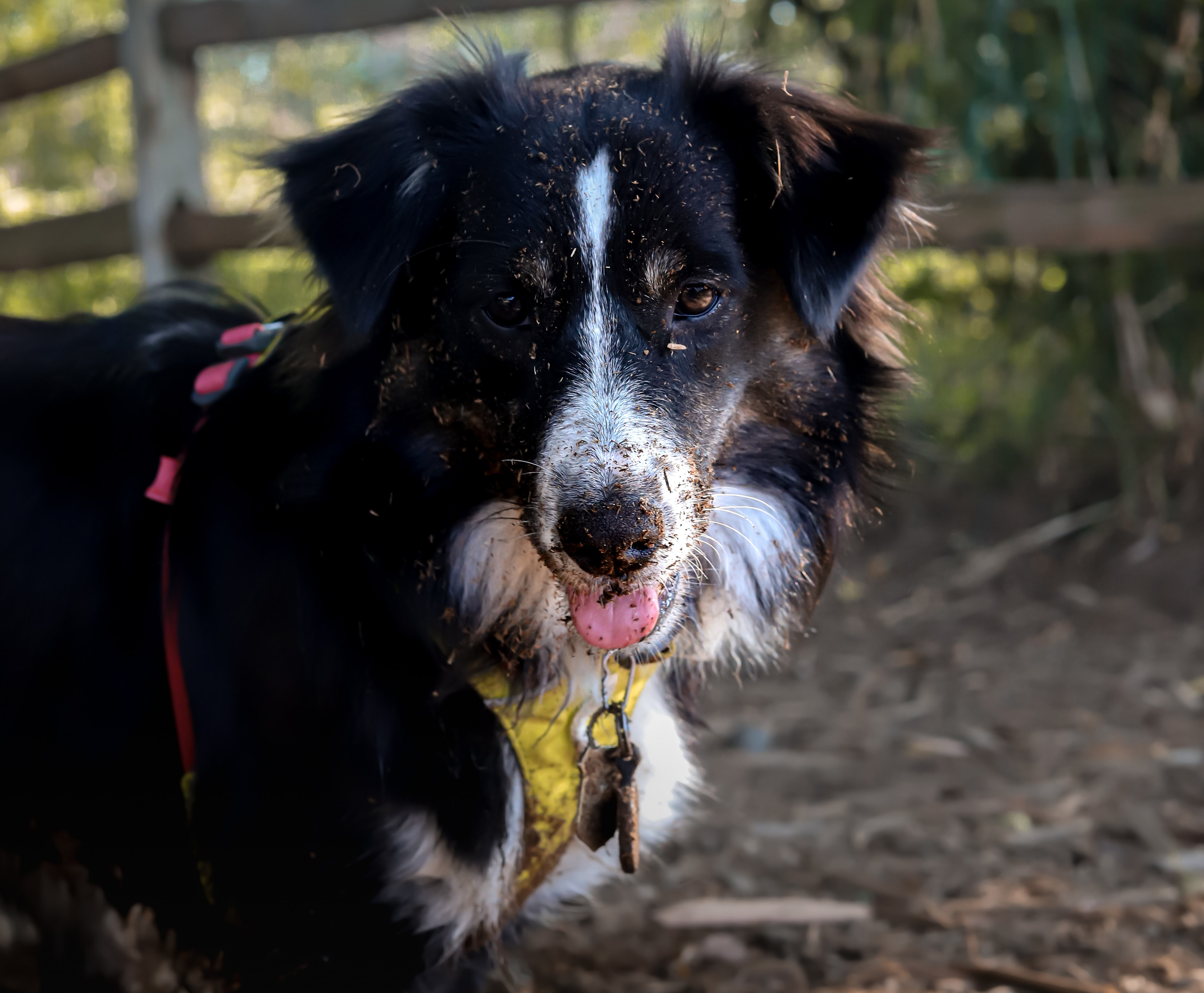 Image credits:
Image credits: 



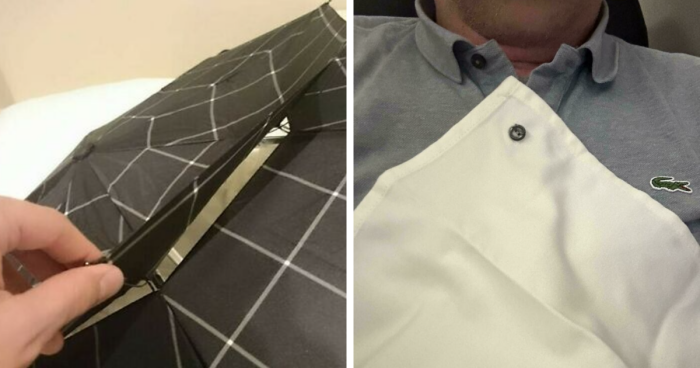

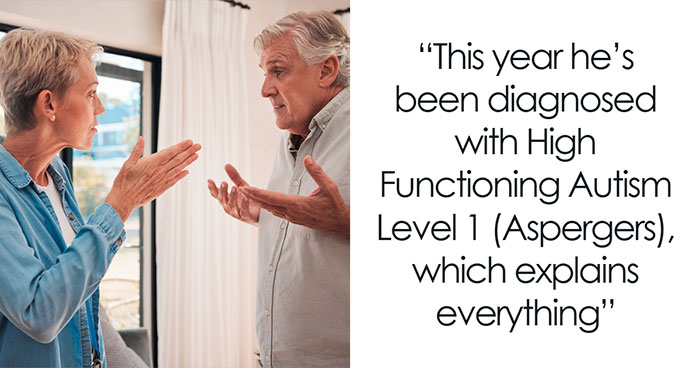


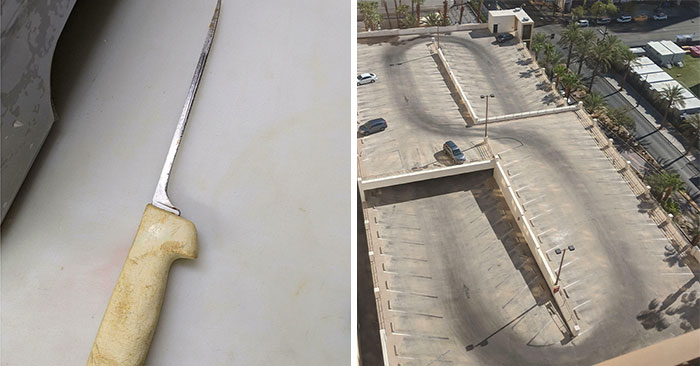

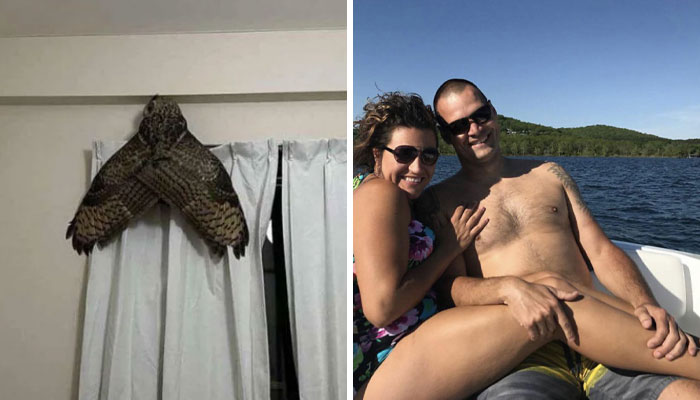



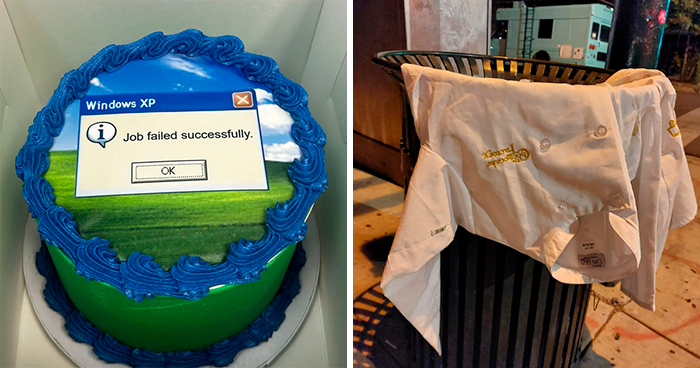



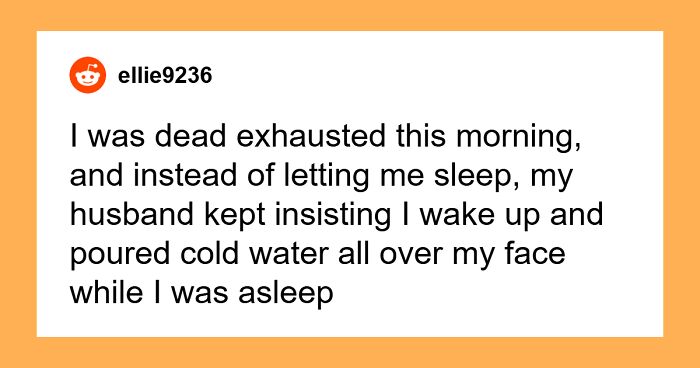
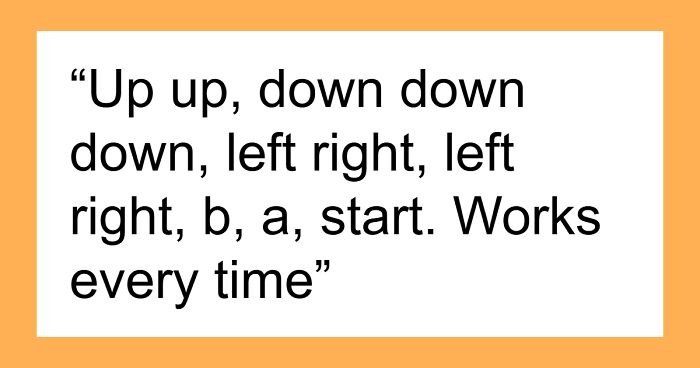
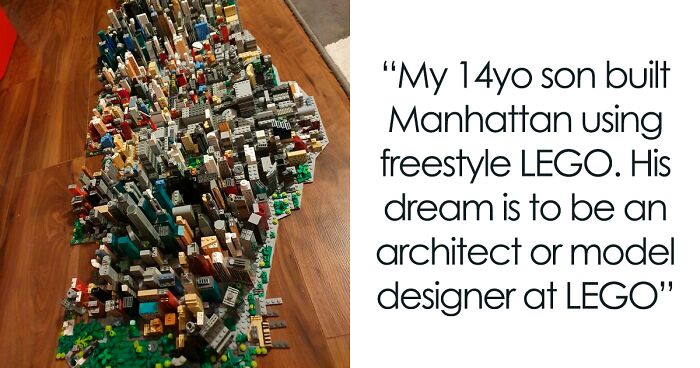

-2
0